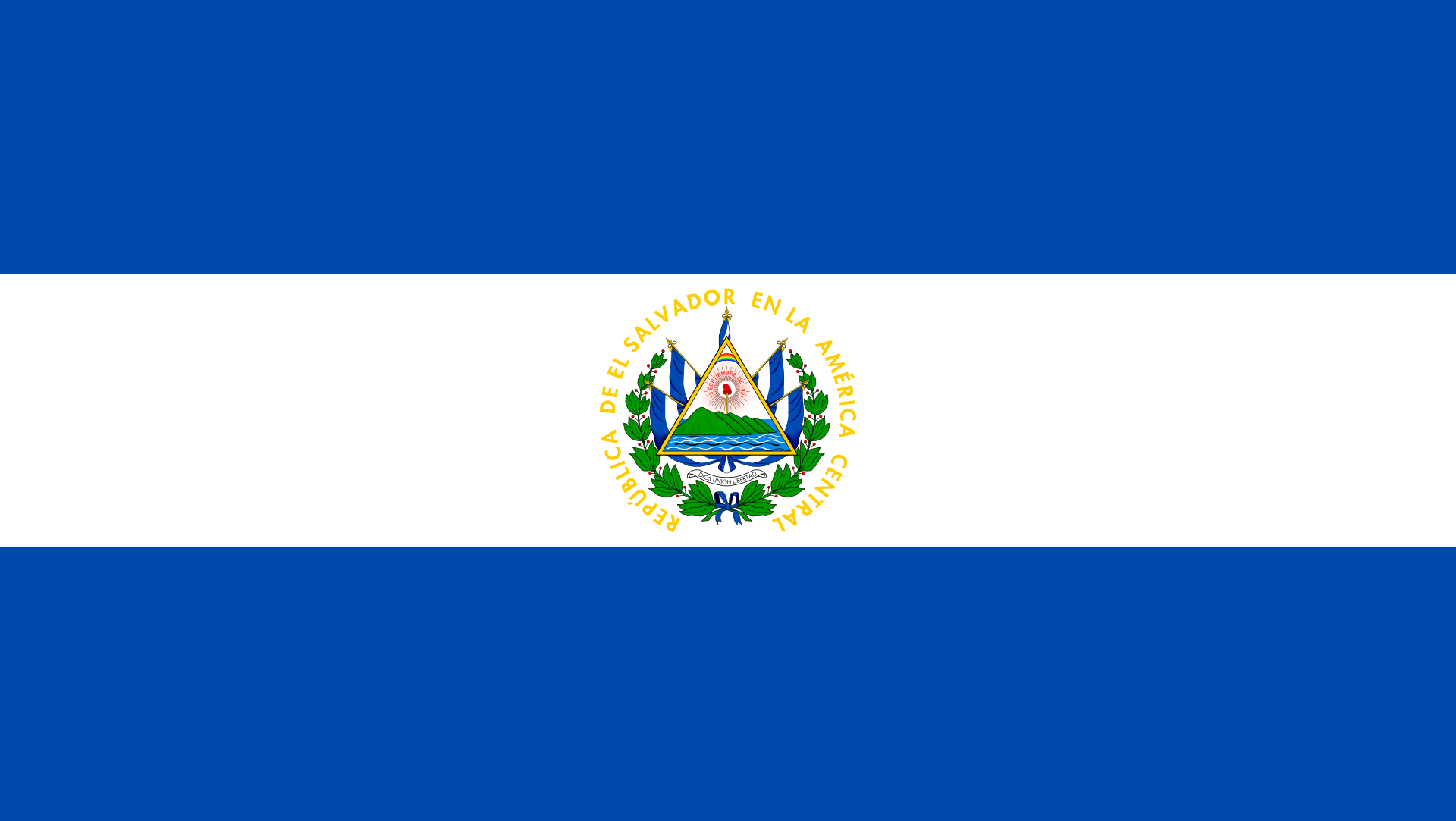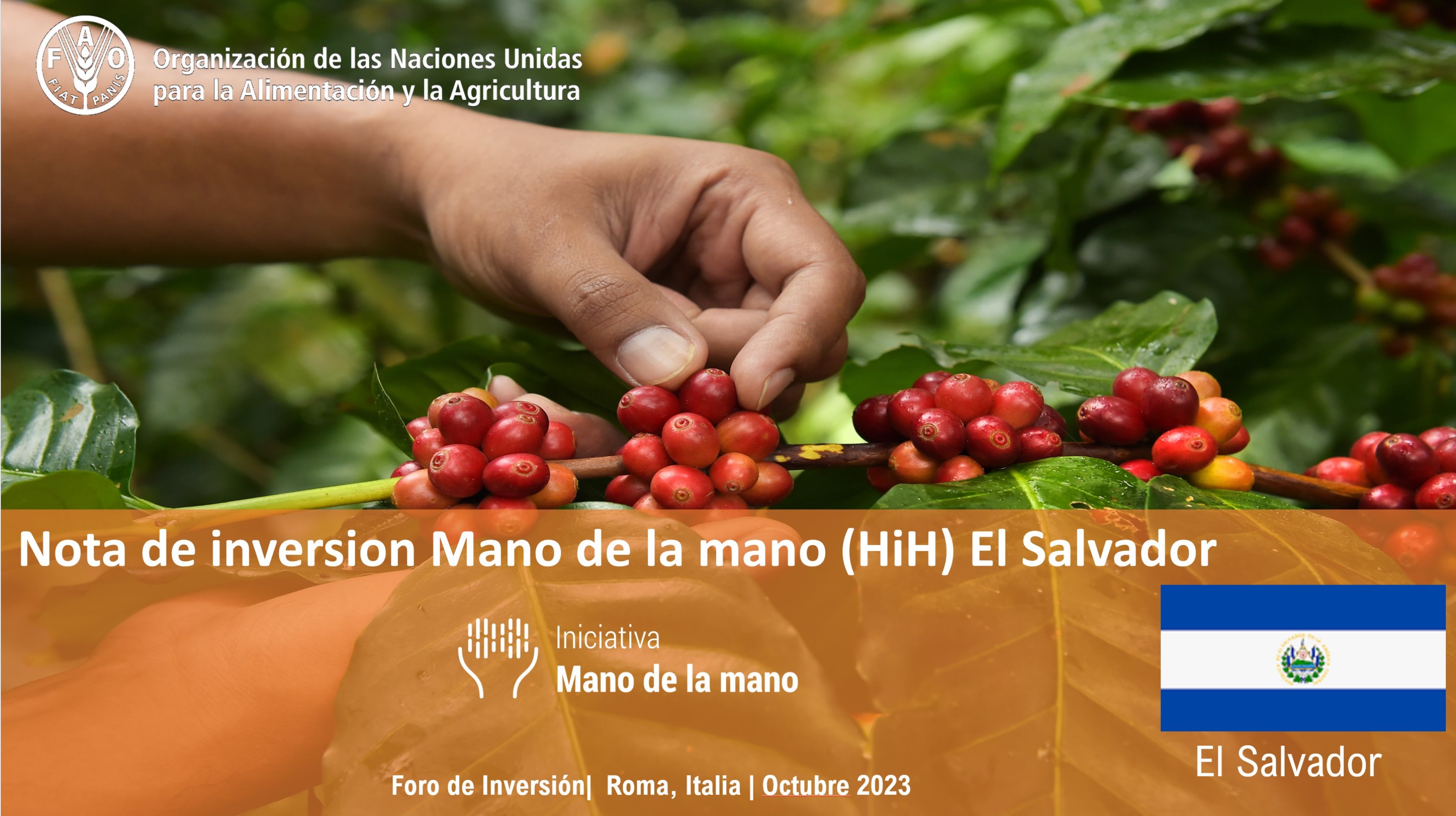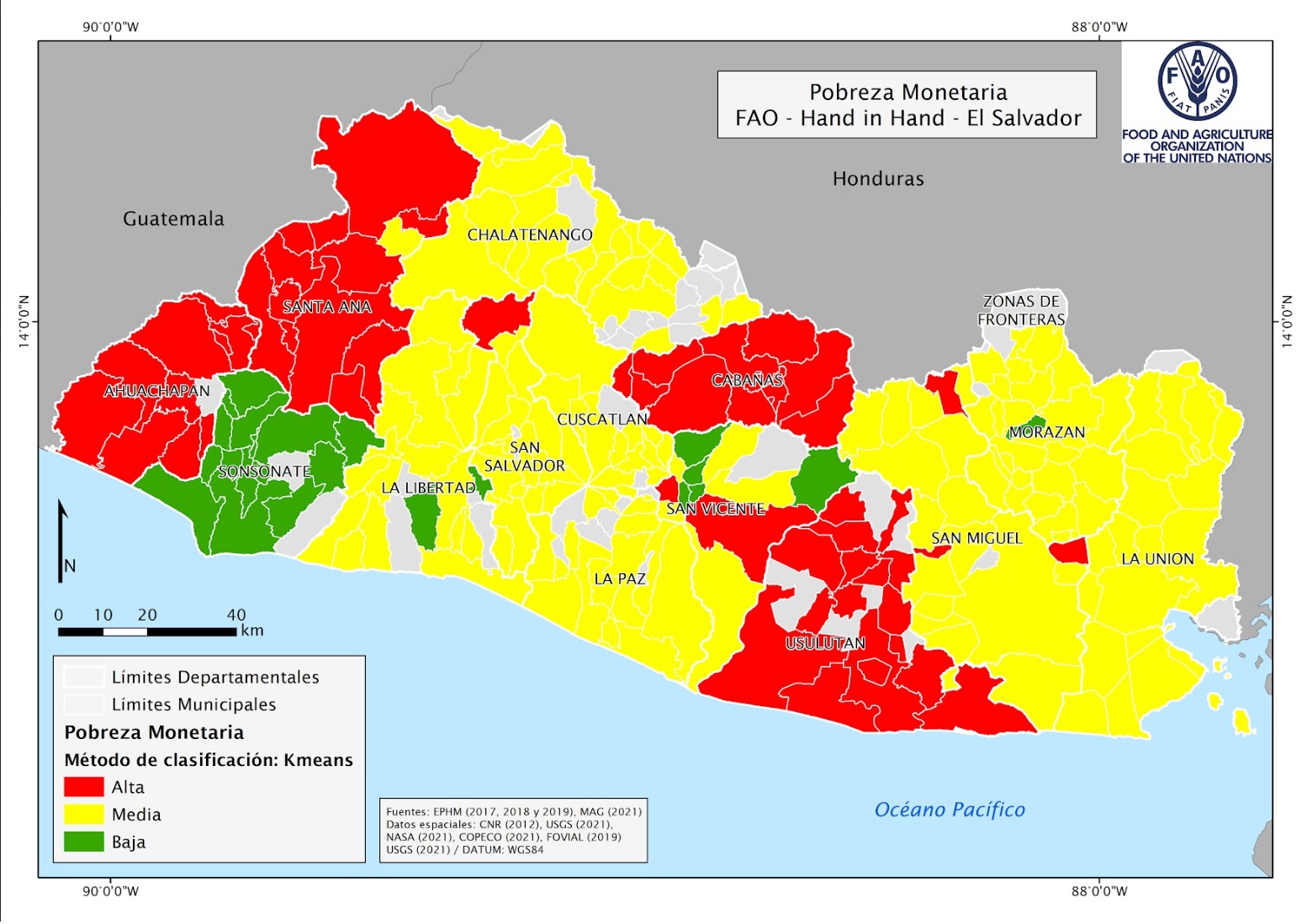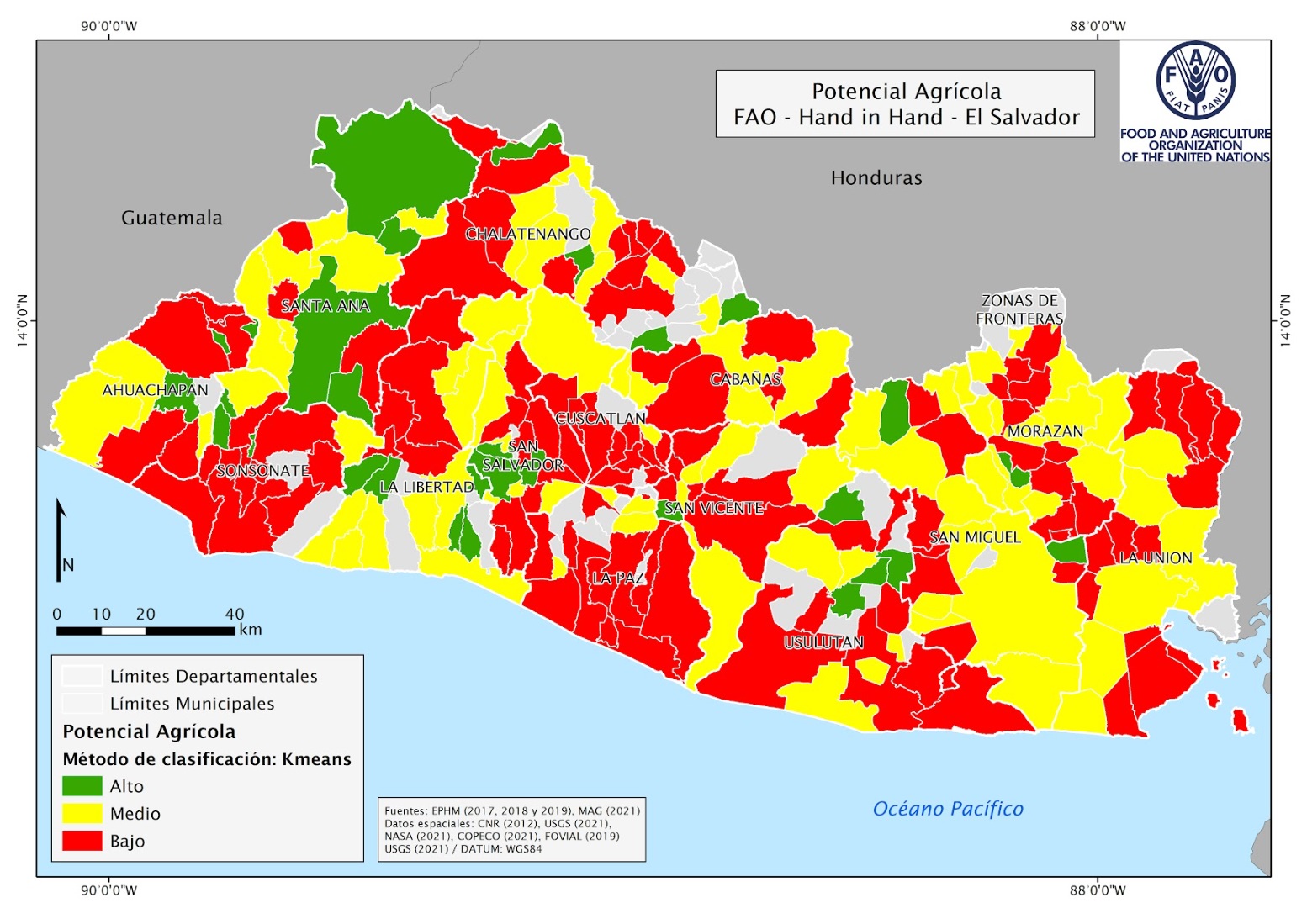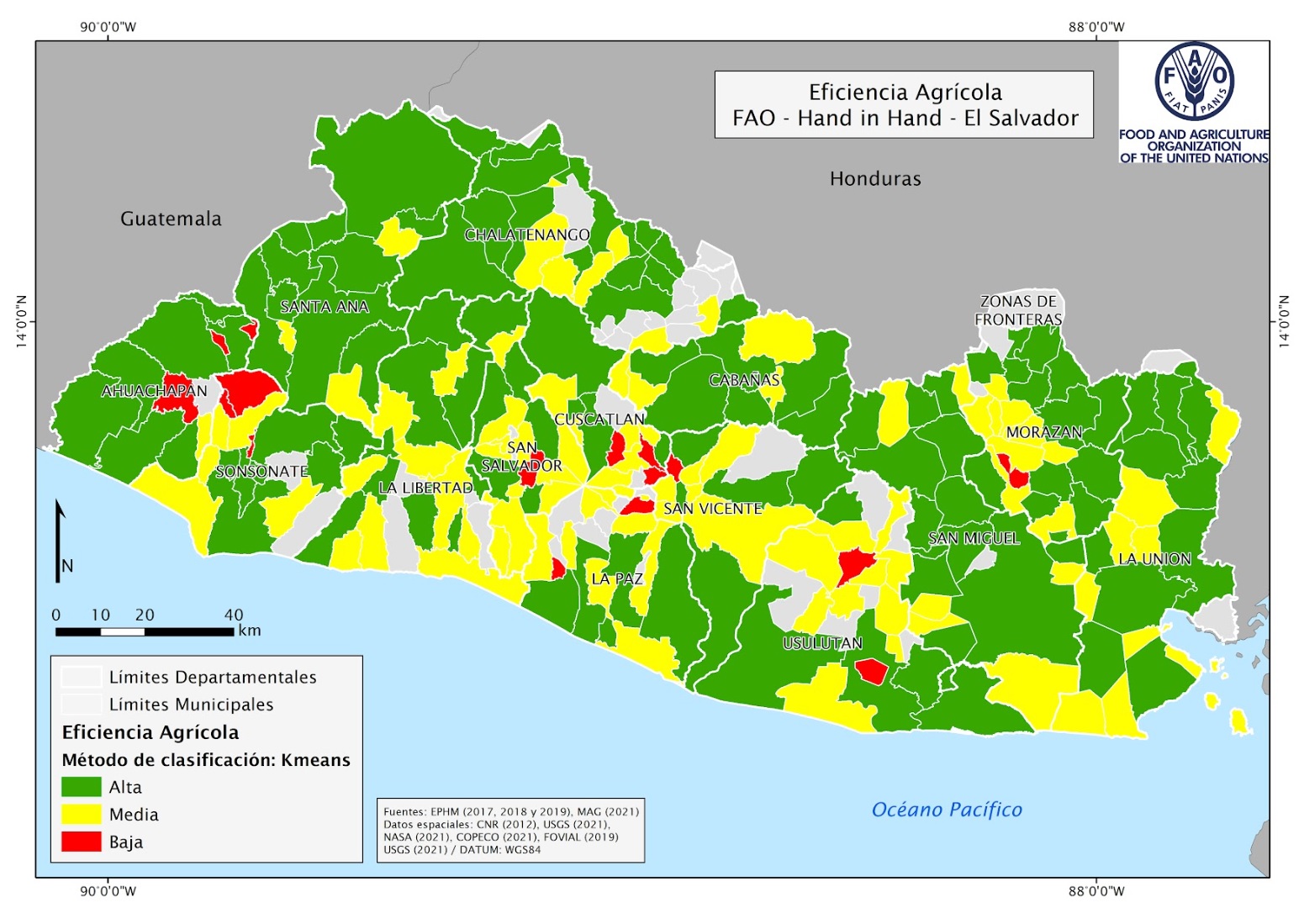INVESTMENT PRESENTATION
THE PROPOSAL
El Salvador is participating in the Hand-in-Hand Initiative once again in 2023, with a strong focus on investments in the coffee value chain within the country. The region of Tecapa Chinameca, located in the eastern part of El Salvador, has been identified as an area with significant potential for agricultural transformation and rural development, particularly in the coffee sector.
The investment proposal aims to promote profitable and sustainable coffee production, leading to increased local income, job creation, and a higher volume of coffee exports. Additionally, the initiative seeks to bring about environmental benefits. The investment plan consists of three key components, with a total investment of US$21.3 million, an average internal rate of return of 22% and around 24,000 beneficiaries will receive direct support through this intervention. Additionally, the initiative aims to contribute to a reduction in emissions by 318,493 tCO2-e annually.
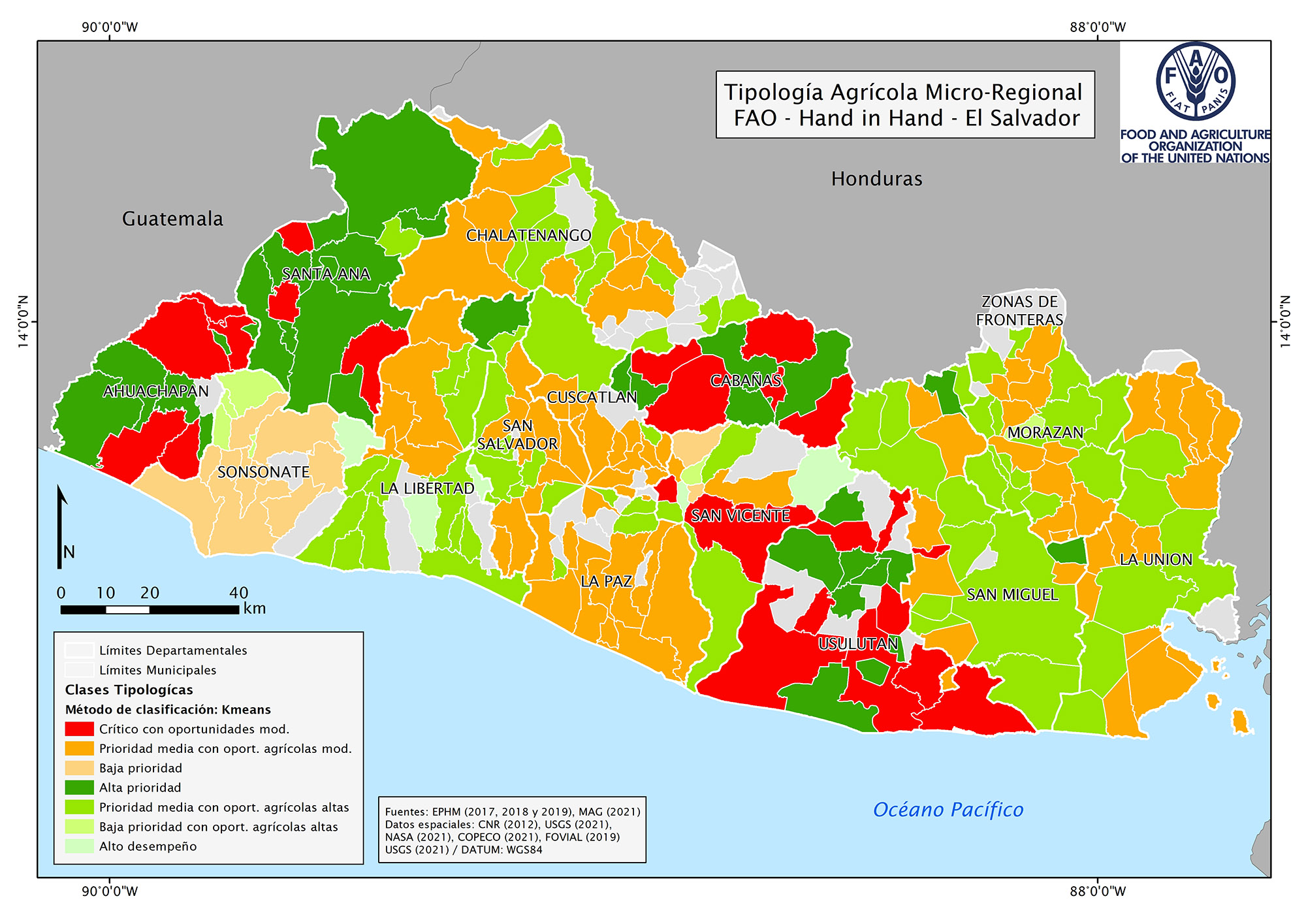
Poverty
Potential
Efficiency
COMMODITIES AND INTERVENTIONS
Coffee
The first intervention focuses on enhancing productivity and efficiency in coffee production through various measures. These include rehabilitating coffee plantations, certifying nurseries, strengthening laboratory capacities for soil and pest analysis, and improving pest and disease monitoring and management. Technical assistance provided to producers facilitates the renewal and sustainable management of 6,700 hectares of coffee plantations in the Tecapa-Chinameca region. The expected outcome is an increase in productivity from 6 to 28 quintals per hectare, benefiting 24,000 individuals directly (including 38% women) and an additional 75,000 individuals indirectly. The establishment of 50 certified plant nurseries ensures the long-term sustainability of the sector.
The second intervention aims to enhance the post-harvest processes of coffee production. This involves providing technical support to cooperatives involved in coffee processing and transformation, assistance in strategic management, guidance on investment decisions, and financial resources for marketing and value-added activities. The intervention seeks to increase coffee production from 38,000 to 168,000 quintals, benefiting producer organizations. The emphasis is on the production of differentiated and specialty coffees, which creates employment opportunities in post-harvest processes. Additionally, specialized technicians are trained in improved coffee practices.
The third intervention focuses on improving the global market presence of Salvadoran coffee. It involves creating regional images and brands, providing training to coffee operators on differentiation strategies, and enhancing quality analysis. Coaching is offered to operators to effectively position their products in international markets, while promotions of B2B meetings and negotiations with new markets are conducted to expand market reach. Various coffee industry stakeholders, including 2,000 coffee producers, parchment producers, benefactors, roasters, cooperatives, and exporters, are targeted in this component.
Through these comprehensive efforts, El Salvador aims to strengthen the reputation and market competitiveness of Salvadoran coffee, driving sustainable growth and development in the coffee sector.


